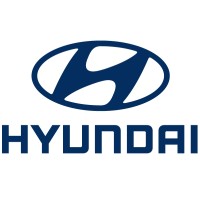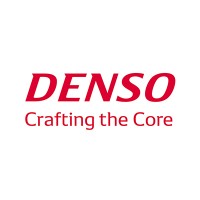
Hyundai Motor Company
Our mission is clear: to become a lifelong mobility partner for our customers and communities by creating meaningful progress through clean energy, connected technology, and human-centered innovation. Hyundai Motor Company is a global mobility leader committed to shaping a better future. With more than 120,000 employees across 200+ countries, we are redefining the way the world moves, not just through innovation in automotive design, but through bold investments in smart mobility, sustainability, and technology. Each year, we bring over 4.6 million vehicles to drivers around the globe – from award-winning sedans to cutting-edge electric and hydrogen-powered solutions.






